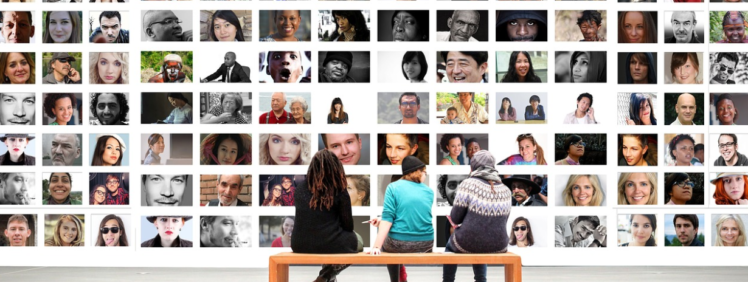I realised I was non-binary through discovering my protagonist’s gender identity. I’m aware things don’t normally work that way around: ‘own voices’ novels are usually born from an author’s desire to represent their own truth on the page. But one of my favourite things about writing is how much it teaches me about myself. My main character, Luke, wasn’t coming alive. He had a great story, but he wasn’t fully engaged with it. Why didn’t he want to take part in his own life, for goodness sake, especially when his life had dragons in it? That’s when I realised that he was flat and lifeless because he was scared to express how he really felt, and that I needed to write him a coming-out story.
I wasn’t so sure that would fit in with all the dragons, at first, but it turned out to enhance the fantasy plot of the novel as well. By allowing Luke to change their name to Luca and explore a new way of relating to themselves, their character arc took on depth and nuance.
I had to do a lot of research. I grew up in an era that had no words for any of Luca’s discoveries. It was a revelation. The way I’d always felt had its own terminology, and I’d written an own voices book by accident!
What’s the takeaway from this? Firstly, that writing diverse characters can bring your novel alive in unexpected ways. So don’t make assumptions about your characters. Are you finding it impossible to craft a suitable love interest for one of them, for example? Maybe that character is a-sexual or a-romantic. Does a character refuse to conform to gender norms? They must be non-binary! Cool, I’m being trendy and diverse! Wrong. Breaking gender roles doesn’t necessarily make someone genderqueer: you have to go deeper than that and truly explore how they feel, how they fit into their skin, how they want other people to see them. Along the way, you can’t help but discover interesting things about yourself as well.
What about the argument that you can only write ‘own voices’ characters? Well, that’s a tricky one. Of course as authors we need to be sensitive to how marginalised groups feel; but if we fail to include diverse characters then we’re dramatically cutting down on positive representation, which is bad. My advice would be to find the elements within each character which do have a personal relationship to you. For example, remember a time when you’ve been pigeonholed into a certain role. Maybe you’re good at organisation so you were expected to keep notes in creative work meetings even though your passion is for design. Now imagine if that sense of being restricted by others’ expectations expanded to fill your entire life: that may be how a non-binary person feels when they can’t express their authentic gender. In this way, I believe that we can find within ourselves the core of many diverse experiences. Is it the same as living that experience? Of course not. A white person could never have written The Hate You Give. But our empathy can open a window, give us a flash of insight that lets our characters come alive. Be sensitive; don’t cross boundaries. But try. If we increase our own empathy and understanding, we’ll open our readers’ minds too, and the world will be a kinder place.
